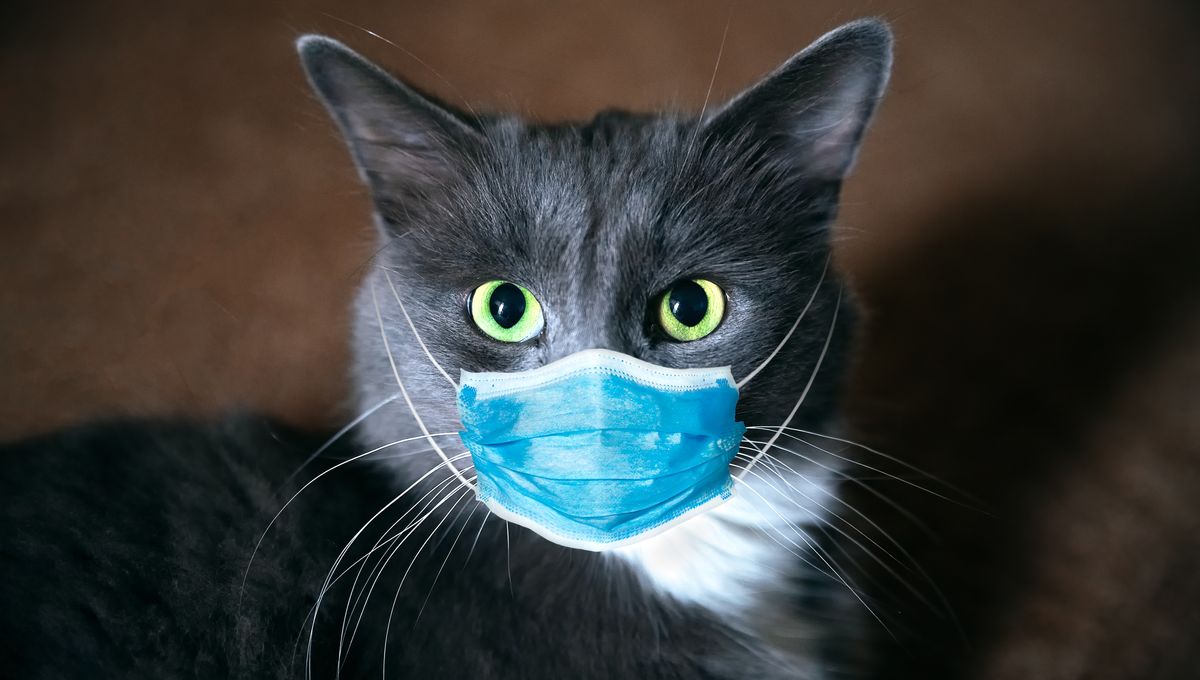
Animals get a pretty bad rap when it comes to spreading viruses. After all, some of the most well-known infectious diseases in humans – think COVID-19, Ebola, or swine flu – are the result of viruses that naturally circulate in animals. But a new study might just salvage that reputation, with researchers having found that viruses jump from humans to animals more than they pass viruses to us.
Diseases where viruses have passed from animals to humans, known as zoonosis, have a pretty big impact on human health, as many will have become acutely aware of in the last four years. In an effort to be prepared for future virus outbreaks, the study team took to analyzing nearly 12 million viral genomes across 32 viral families, pinpointing how they had evolved and mutations they’d acquired when jumping to different hosts.
“By surveying and monitoring transmission of viruses between animals and humans, in either direction, we can better understand viral evolution and hopefully be more prepared for future outbreaks and epidemics of novel illnesses, while also aiding conservation efforts,” explained study co-author Professor Francois Balloux in a statement.
What the team discovered in their survey was unexpected. “Surprisingly, we find that humans are as much a source as a sink for viral spillover events,” they write. In fact, out of the 599 recent host jumps they examined, 64 percent were from human to domestic or wild animals (known as anthroponosis) – that’s nearly twice as many than from animals to humans.
This finding is significant for both the future of human and animal health, the researchers suggest. “When animals catch viruses from humans, this can not only harm the animal and potentially pose a conservation threat to the species, but it may also cause new problems for humans by impacting food security if large numbers of livestock need to be culled to prevent an epidemic, as has been happening over recent years with the H5N1 bird flu strain,” said lead author Cedric Tan.
“Additionally, if a virus carried by humans infects a new animal species, the virus might continue to thrive even if eradicated among humans, or even evolve new adaptations before it winds up infecting humans again.”
The study also identified that jumping to different hosts tends to come with an increase in mutations in viruses, though viruses that can already infect lots of different animals show weaker signs of this. Having this kind of knowledge in hand could help researchers to pinpoint the next big viral threat.
“Understanding how and why viruses evolve to jump into different hosts across the wider tree of life may help us figure out how new viral diseases emerge in humans and animals,” concluded Tan.
The study is published in Nature Ecology & Evolution.
Source Link: Humans Pass On More Viruses To Animals Than We Get From Them